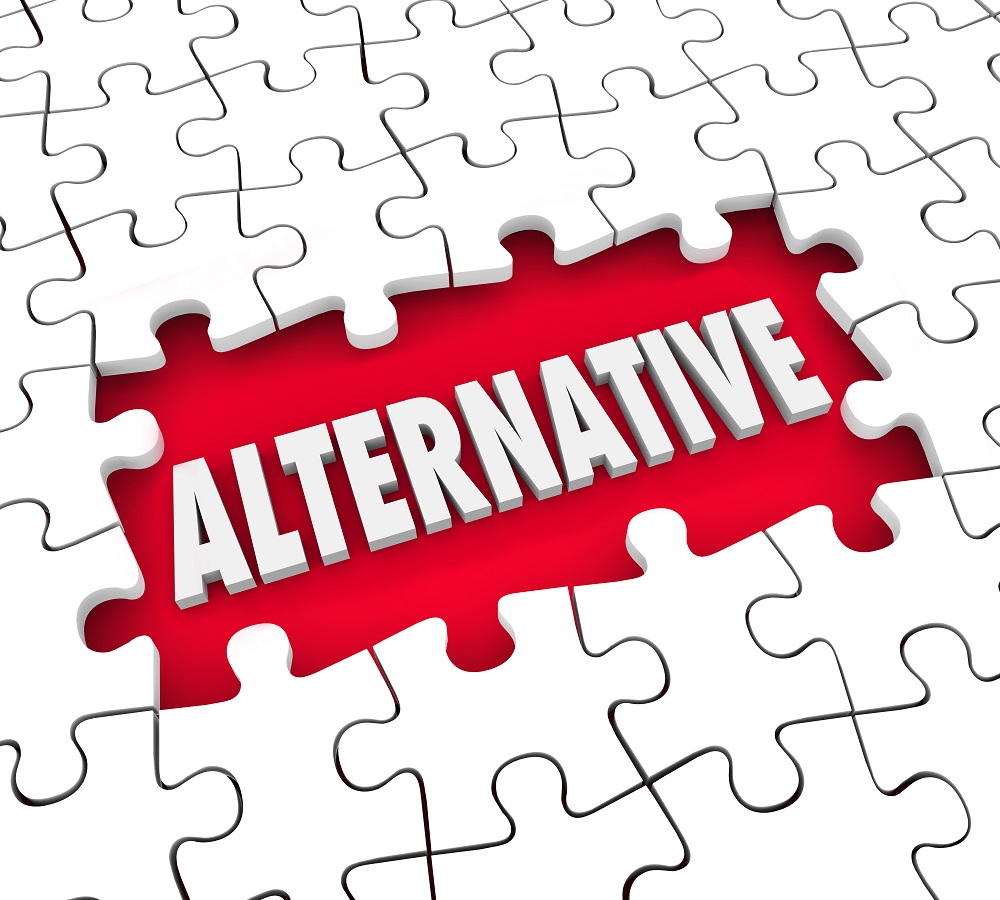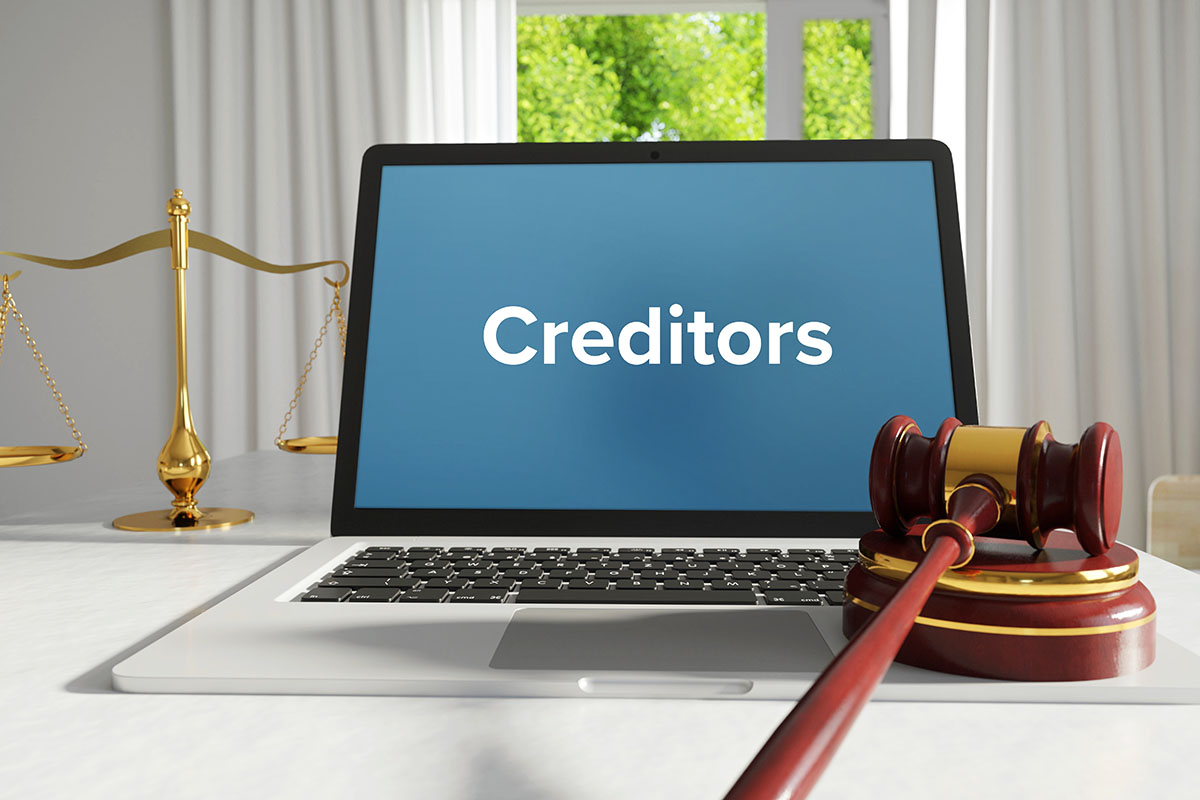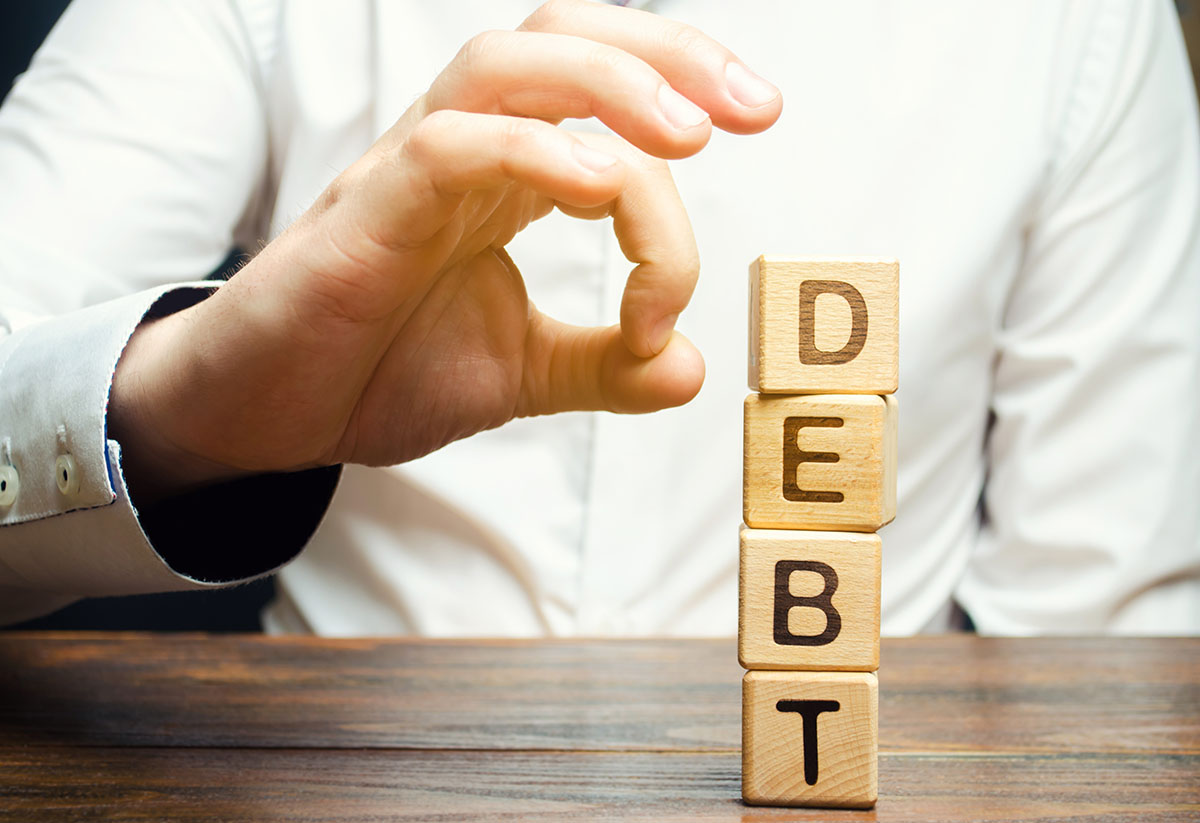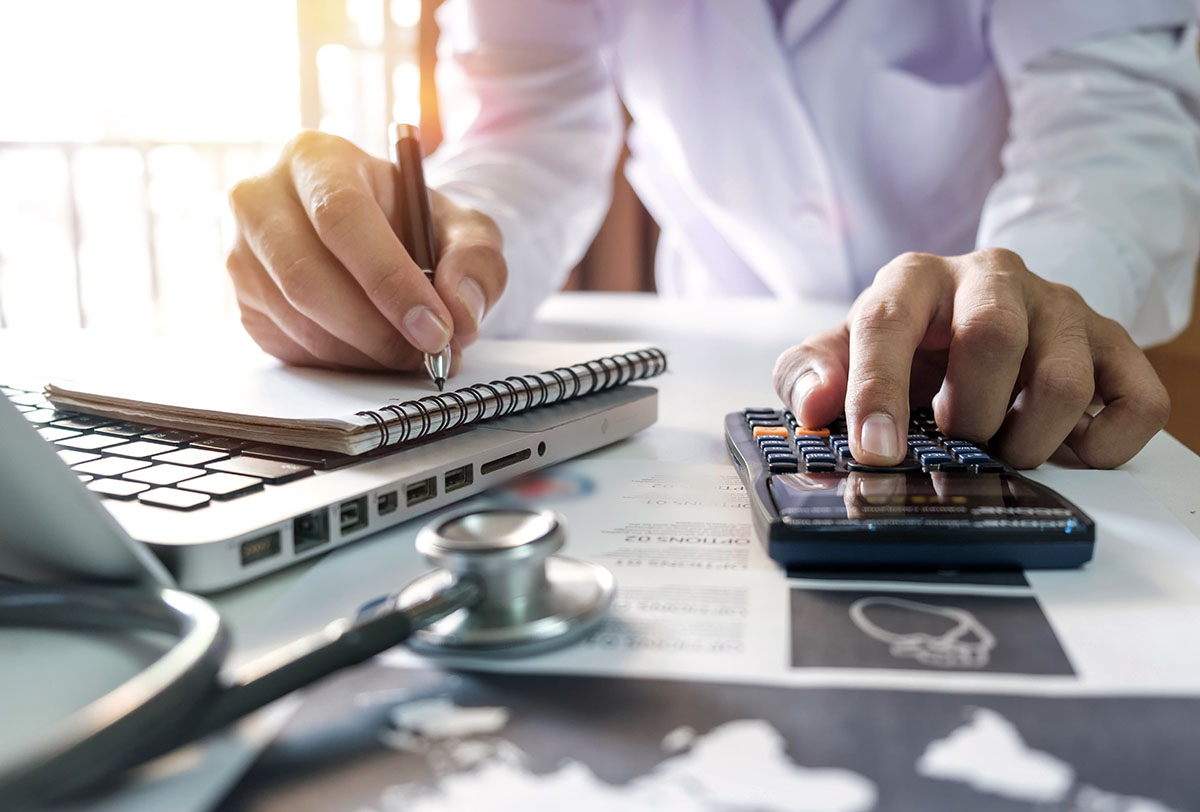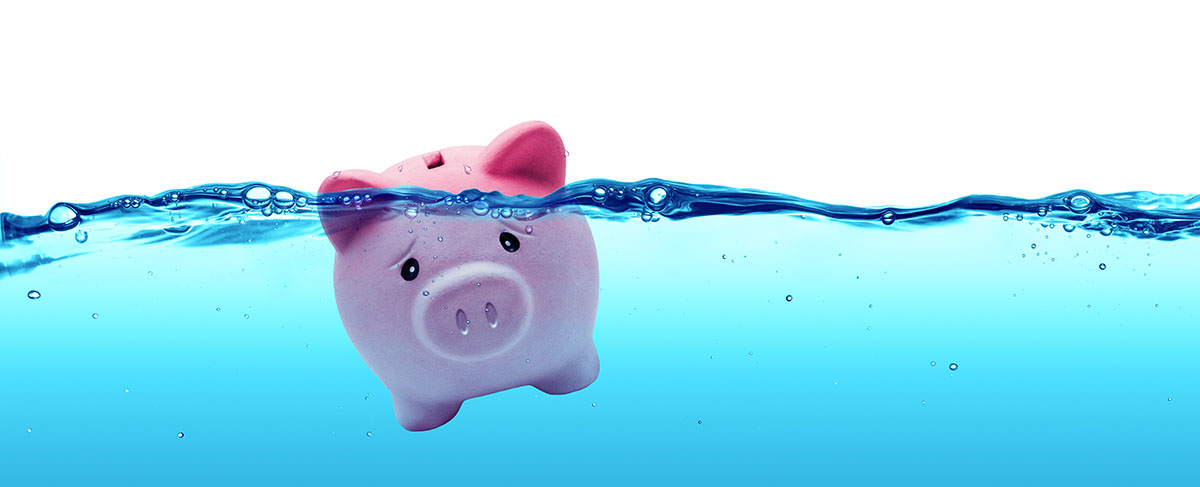Introduction to Alternatives to Bankruptcy
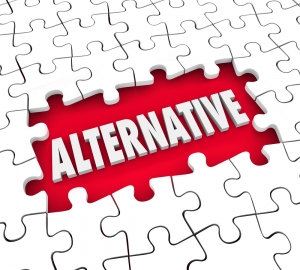 Considering whether bankruptcy is an appropriate option for you is a complicated process and varies for each person. If you decide to declare bankruptcy, the process could affect more than just your credit. Declaring bankruptcy could affect your reputation and your own self image. Many people believe that going through a bankruptcy is like admitting defeat to your debt, while others view it as a way to climb out from an unfortunate time in their lives. Whatever way you view the procedure could affect your decision whether or not to declare. Bankruptcy offers many benefits but it also has disadvantages to the individual who is filing. While filing for bankruptcy will hurt your credit score, it will provide a fresh start for those with piles of debt.
Considering whether bankruptcy is an appropriate option for you is a complicated process and varies for each person. If you decide to declare bankruptcy, the process could affect more than just your credit. Declaring bankruptcy could affect your reputation and your own self image. Many people believe that going through a bankruptcy is like admitting defeat to your debt, while others view it as a way to climb out from an unfortunate time in their lives. Whatever way you view the procedure could affect your decision whether or not to declare. Bankruptcy offers many benefits but it also has disadvantages to the individual who is filing. While filing for bankruptcy will hurt your credit score, it will provide a fresh start for those with piles of debt.
What is Bankruptcy?
Bankruptcy is a process that consumers and businesses can enter into in order to repay some or all of their debts under protection of the federal bankruptcy court.[i] Generally speaking, bankruptcy can be divided into two types of processes: liquidation and reorganization.
Chapter 7 bankruptcy is referred to as the liquidation bankruptcy because the trustee in charge of the individual’s bankruptcy may take and sell (or liquidate) some or all of the individual’s property.[ii] This would be done in an attempt to create as many funds as possible to pay off as many debts as the individual has. Every state has exemptions for what property the trustee will not be able to sell off. Chapter 7 bankruptcy is utilized by individuals, not businesses.
Chapter 13 bankruptcy is referred to as the reorganization bankruptcy.[iii] This bankruptcy usually takes between three and five years to complete, and the individual or business filing for bankruptcy keeps all of their assets.[iv] Those going through a Chapter 13 bankruptcy have to create a plan for monthly payments to be made, which will be made during that three to five year process. The hope is that after those three to five years, the majority (if not all) of the debts will be repaid.
Bankruptcy Discharge
After the bankruptcy proceeding, the bankruptcy discharge takes place. The bankruptcy discharge is a court order that prohibits a creditor from collecting on the debts the individual lists in your bankruptcy case.[v] The legal affect this has is that the individual is no longer liable for the debts that were listed in the bankruptcy case. This means that the creditor can no longer call the individual and demand payment for that debt. If the creditor was not paid off in any amount during the proceeding, then they are now just out of luck for payment on that debt that was discharged.
Bankruptcy Alternatives
Bankruptcy can be a long proceeding, with a lot of paperwork and meetings. It is also a rather public proceeding, which many people do not enjoy. Bankruptcy proceedings basically puts the individual on a stage and highlights the debts they have – which many people see as failures in their financial life. Many people want to do anything they can to avoid the publicity involved with a bankruptcy. While receiving a bankruptcy discharge is only possible after a bankruptcy proceeding, there are some alternatives individuals can try before actually undergoing the bankruptcy proceeding.
If you are concerned about creditors calling you and harassing you – bankruptcy may not be the option for you anyways. Even though creditors are supposed to stop calling you or demanding that you pay your debt after a bankruptcy that is not always the case. So filing for bankruptcy is not the way to go if this is your biggest concern. There are debt collection laws in place and you can report this type of harassment for the debt collector’s conduct.[vi] So if your biggest concern is the harassment, and not the size of your debt, this option should be first on your list to try.
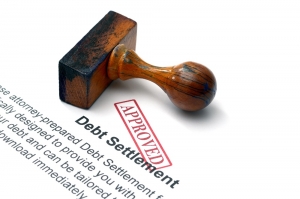 Another option is to negotiate with your creditor. The creditor may be able to work out some form of a payment plan, or even take less than what you actually owe to the creditor. Whether or not this is an option for you will depend greatly on how many creditors you have and how much money you owe. If you are able to settle your debt with your creditor/ creditors, that settlement could save you the hassle of filing for bankruptcy. If you are not comfortable with negotiating directly with your own creditors, you can look into receiving help from a credit counseling agency. These agencies can be the middle person to settling your debt.
Another option is to negotiate with your creditor. The creditor may be able to work out some form of a payment plan, or even take less than what you actually owe to the creditor. Whether or not this is an option for you will depend greatly on how many creditors you have and how much money you owe. If you are able to settle your debt with your creditor/ creditors, that settlement could save you the hassle of filing for bankruptcy. If you are not comfortable with negotiating directly with your own creditors, you can look into receiving help from a credit counseling agency. These agencies can be the middle person to settling your debt.
There is also the option of debt consolidation.[vii] If you have multiple debts, debt consolidation can combine qualifying debts into one single debt. The benefit of debt consolidation would be that there would be just one place to make a payment, and there would only be one creditor calling to collection the debt. With debt consolidation, there is also the potential for a lower rate with the new creditor, which could help decrease what you owe on the loan over time.
Conclusions to Alternatives to Bankruptcy
While the alternatives to bankruptcy could help a lot of individuals, it is not the right choice for everyone. Some people have thousands of dollars of debts that they are just unable to pay back. This is especially true with medical bills, which can very easily get out of control. For individuals who have no alternatives, bankruptcy could be the right option for them. Bankruptcy does hurt your credit substantially, and for years after you will be unable to take out a secured loan, but bankruptcy may be the only option for some individuals.
[i] See What is Bankruptcy NOLO Legal Encyclopedia (Accessed March 21, 2017) http://www.nolo.com/legal-encyclopedia/chapter-7-13-bankruptcy-basics-29829.html
[ii] See What is Bankruptcy NOLO Legal Encyclopedia (Accessed March 21, 2017) http://www.nolo.com/legal-encyclopedia/chapter-7-13-bankruptcy-basics-29829.html
[iii] See What is Bankruptcy NOLO Legal Encyclopedia (Accessed March 21, 2017) http://www.nolo.com/legal-encyclopedia/chapter-7-13-bankruptcy-basics-29829.html
[iv] See What is Bankruptcy NOLO Legal Encyclopedia (Accessed March 21, 2017) http://www.nolo.com/legal-encyclopedia/chapter-7-13-bankruptcy-basics-29829.html
[v] See What is the Bankruptcy Discharge NOLO Legal Encyclopedia (Accessed March 21, 2017) http://www.nolo.com/legal-encyclopedia/what-is-the-bankruptcy-discharge.html
[vi] See Alternatives to Bankruptcy NOLO Legal Encyclopedia (Accessed March 21, 2017) http://www.nolo.com/legal-encyclopedia/bankruptcy-alternatives-30011.html#
[vii] See Finding a Bankruptcy Alternative Find Law (Accessed March 21, 2017) http://bankruptcy.findlaw.com/what-is-bankruptcy/finding-a-bankruptcy-alternative.html

